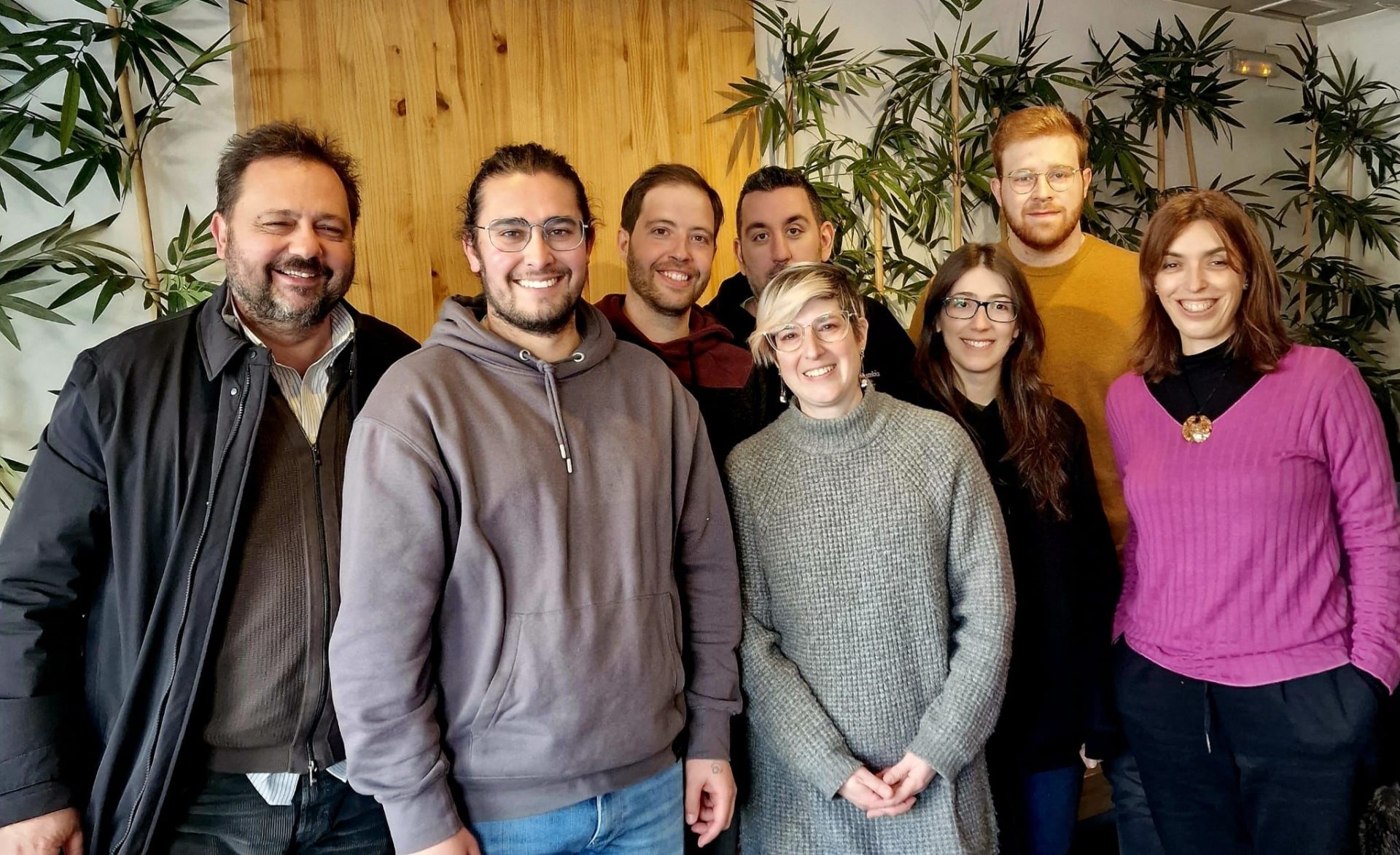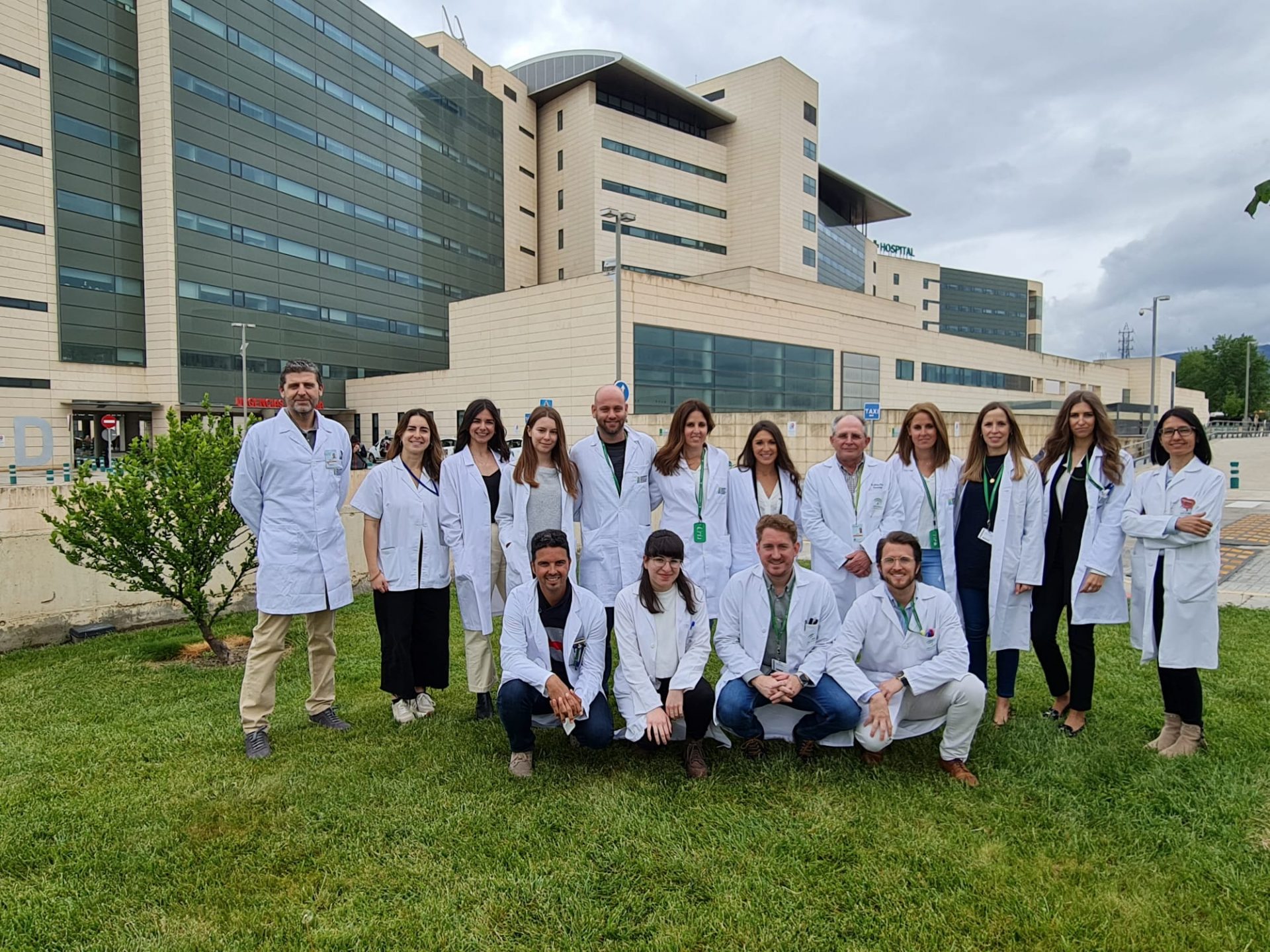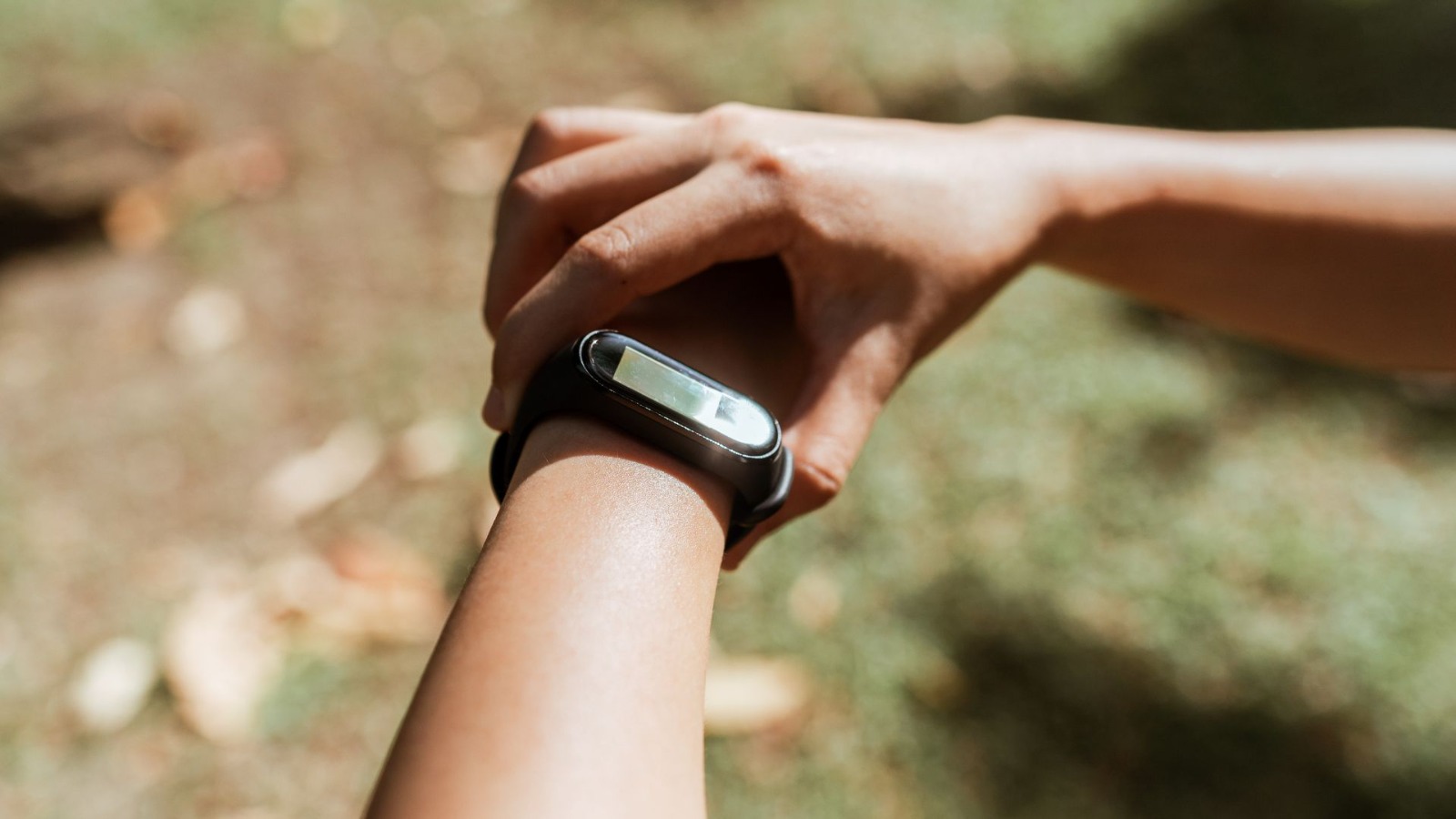
José Luis Gómez Urquiza, who has been nominated Best Teacher in Spain in the IV Educa Abanca Awards, uses this popular social network to enable the Spanish nurses of the future to confront health-related hoaxes on social networks
A Nursing lecturer at the University of Granada is using the popular social network TikTok as part of his ‘Nursing Adults (1)’ course to teach the nurses of the future how to combat the arguments of deniers with scientific fact.
José Luis Gómez Urquiza, who has just been nominated Best Teacher in Spain in the IV Educa Abanca Awards, was keen to make a personal contribution to addressing this issue at a particularly critical time—in the Coronavirus crisis. This pandemic has brought with it entire social networking movements led by deniers and hoaxers in health-related matters, particularly aimed at the different measures to control the spread of the disease (use of facemasks, PCR tests, future vaccines, and so on).
“In making their arguments, deniers regularly use false information or information based on erroneous knowledge and data, so that is precisely what I do [for teaching purposes] with my students, using social networks such as TikTok or Instagram, with which they are very familiar,” explains the UGR nursing lecturer.
Gómez Urquiza is highly active on various social networks and uses different accounts for professional means. In recent months, he has noticed a growing trend toward accounts that spread false information regarding the COVID-19 pandemic and the health-and-hygiene measures recommended for its control. “I have also seen how other colleagues in the healthcare field have attempted to deal with this issue by sharing verified information based on scientific evidence,” he explains.
As a result of this experience, at the start of the 2020/2021 academic year, Gómez Urquiza came up with a new approach to evaluating the practical sessions he had taught on the Nursing Adults (1) course, which covers topics such as blood gas analysis and sterile clothing in the operating theatre. He realised that, by playing the role of a denier or a proponent of conspiracy theories on health-related issues on social media, with his nursing students in the role of healthcare workers, they could learn how to challenge such deniers online and refute their arguments and false information by using the same methods—that is, striking and appealing social media content.
The vaccine–5G hoax
To do this, Gómez Urquiza created an Instagram account linked to his course (https://instagram.com/adulto1byc?igshid=a1pldeukcm3q), where he uploads a TikTok video and an Instagram post about each area of practice the students undertake. Based on that content, and on what they have learned in class, the students have to use their knowledge (and their creativity!) to challenge the fake information he communicates online.
“This is about the students demonstrating, in addition to having learned the technique in question and its theoretical principles, skills in the professional use of social networks, not just for fun. To do this, they must be able to deconstruct unfounded arguments and hoaxes using a medium in which, in principle, they should have a significant advantage over me: social networks. Because, to be honest, figuring out how to use TikTok has been an uphill climb for me—and some!”, Gómez Urquiza acknowledges.
Deniers of COVID-19, he notes, insist that this is a planned pandemic, that vaccines are linked to 5G technology, or that many healthcare professionals are, in fact, actors being paid to propagate fear of the coronavirus. “I use those same absurd arguments in class to recommend that people do not undergo planned surgery (because the professionals protect themselves with masks, gowns, and gloves due to the radiation given off by the microchips that they implant in the operating theatre), or that patients do not allow blood gas analyses to be conducted on them (because it is a test that does not actually diagnose anything), just like the deniers of the coronavirus PCR test do.”
The UGR lecturer points out that his goal is for Nursing students to become competent in the dissemination of high-quality content on social networks, to enable them to effectively refute deniers of other health problems that may arise in the future—deniers whose most active defenders will always be found online.
Along with Gómez Urquiza, also nominated for Best Teacher in Spain in the IV Educa Abanca Awards are Fernando Gómez and Antonio Cárdenas of the UGR.
Image captions:
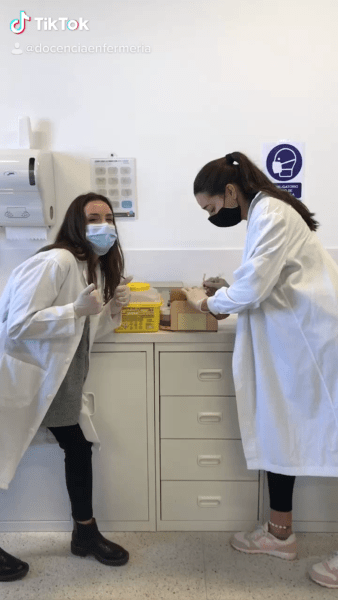
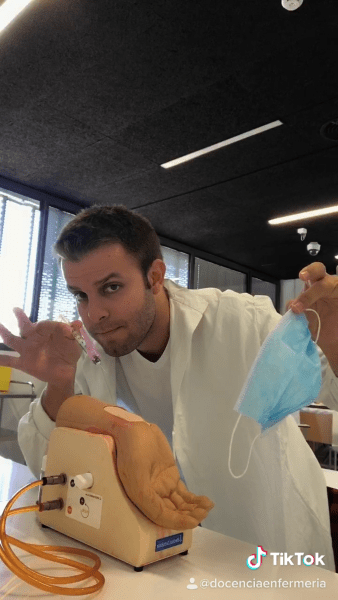
Media enquiries:
José Luis Gómez Urquiza
Department of Nursing, University of Granada
Tel.: +34 958 241000 ext. 26195
Email: @email
